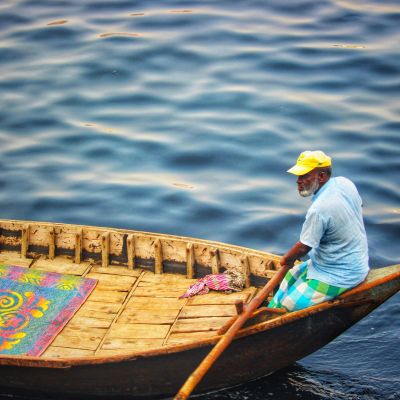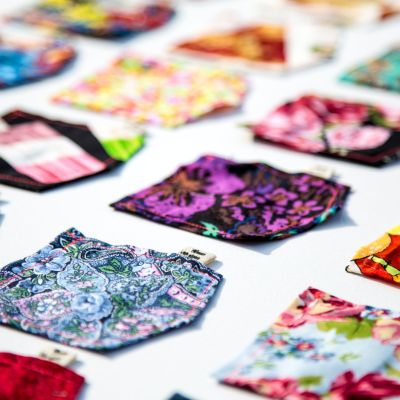Shikha Aleya
Ankur Paliwal is an independent journalist, and founder and managing editor of queerbeat.org – a collaborative journalism and research venture…
In this great repository of the human collective consciousness and exposure lies a wealth of tacit knowledge of COVID-19 that is independent of the subject expert.
Getting to know who I really am has been a game changer. Prejudice, anger, control and violence all emerge from fear.
Entertainment should aim to inspire, comfort, reflect and express. Even if something violent earns big at the box office, it doesn’t justify its creation.
What we lack are digital spaces and infrastructures that are informed by the needs of their end users, that prioritise safety, comfort, joy and care.
Fashion is a language that expresses survival, rebellion, freedom, visibility and invisibility, identity, representation and inclusion.
Clothes for me are our first line of defence. They are also our first act of providing relief.
We requested some sexuality educators to speak on some of the priorities they identify, and also to share directions towards possible ways that could move us forward together in the Comprehensive Sexuality Education landscape, keeping in mind that there are many different constituencies and interest groups involved.
Food is some sort of extension of our bodies, our identities, and therefore food and sexuality intersect in a myriad ways.
So why do we have to have fixed notions of gender roles and food?
Body + a million This article: written, read, edited, uploaded on to the internet, heard using assistive software, converted into…
Our bodies are the vessels through which we feel, emote, work or navigate our societies and the world at large. Our bodies are the real, live archive of everything we have experienced and they have borne the consequences of our social conditioning and decisions.
Humour, either openly, or thinly camouflaged, is a combination of the intellectual, spiritual, emotional, physical nature of being. So quite often, anger, anxiety, aggression, wisdom, love, frustration, wickedness, cruelty, sarcasm and other feelings are a big part.
I think we are still in a trap of a heteronormative, youth biased, light skin biased, sizeist, ableist culture and until we consciously snap out of it we are throwing a cloak over a human being’s ability to really find what their sexuality even looks like.
When we are talking about the theme of embracing equity we can see sports as a neutral space that has the potential to be a space where everyone can connect, together, without language, and without the domination of any community over another.















